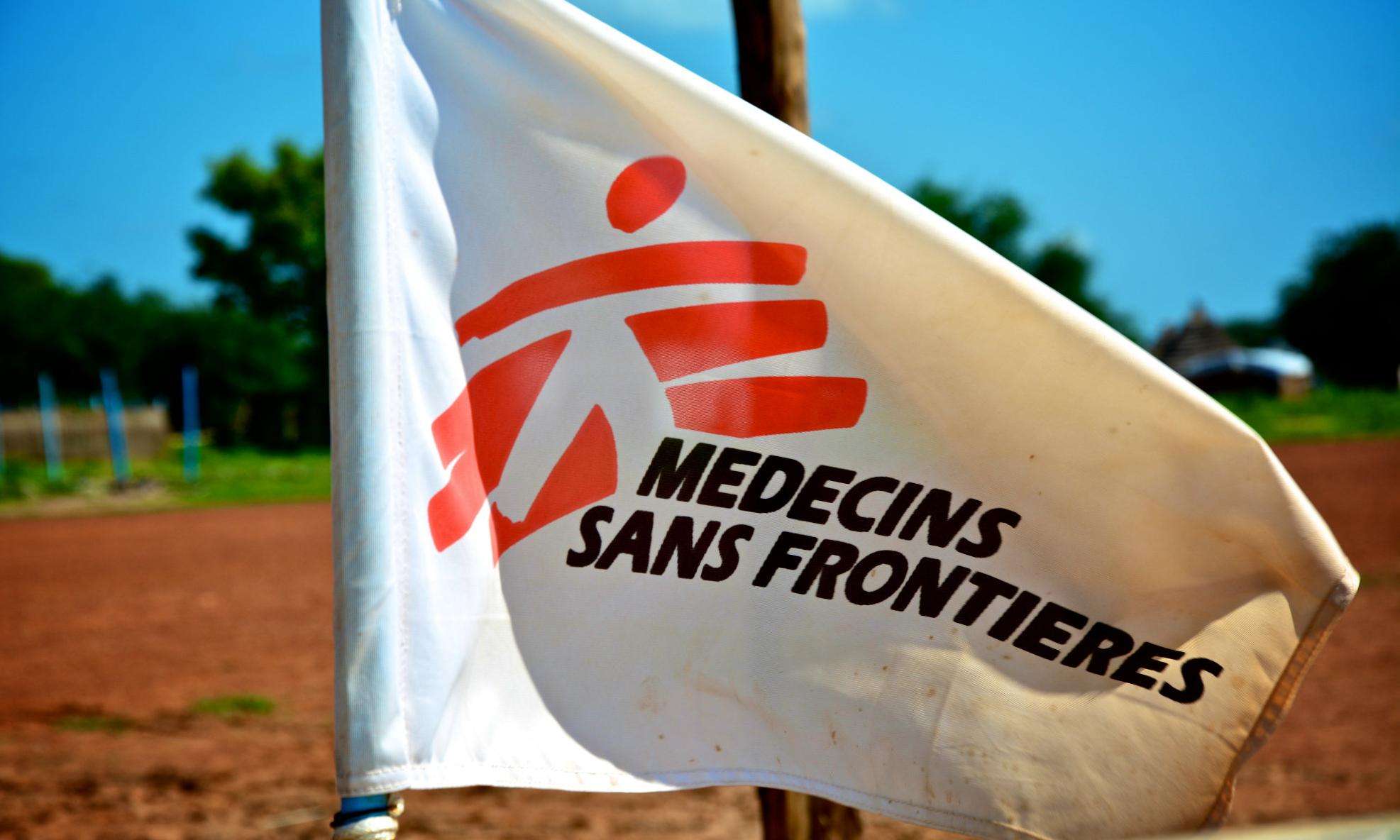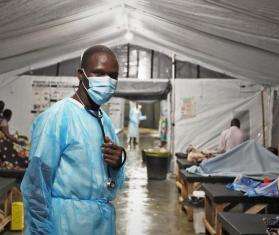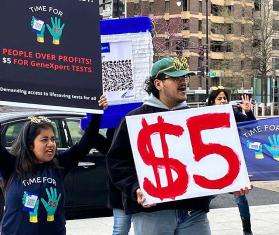The United States, Australia, and Canada are trying to weaken trade rules that exempt least-developed countries (LDCs) from having to implement patents on medicines and vaccines. This exemption, which allows the least developed countries in the world to freely import affordable generic medicines and also to produce medicines locally, expires next year.
Bangladesh, on behalf of all LDCs, has asked for an exemption to be granted for as long as LDCs are classified as such. Starting October 15, World Trade Organization member states will consider this request.
While the European Union has come out in support of the LDCs’ request, other wealthy countries, including the United States, Australia, and Canada, are looking to weaken any exemption and are placing pressure on LDCs to accept a deal where they'd be worse off.
"We need the US, Australia, and Canada to do the right thing and grant the world's poorest countries an exemption from needing to grant medicine patents for as long as a country is classified as least-developed," said Rohit Malpani, director of policy and analysis at Doctors Without Borders/Médecins Sans Frontières (MSF) Access Campaign. We're encouraged to see the EU supporting the LDCs' request and urge the US and other less supportive countries to follow suit."
Information has emerged that US ambassador to the World Trade Organization Michael Punke met 15 ambassadors from LDCs last Friday in Geneva, where he noted that the US could not agree to an indefinite exemption due to pressure from some US stakeholders who are upset with the US government’s intellectual property concessions on the recently completed Trans-Pacific Partnership trade agreement.
"We work in over half of the world's countries that are classified as least-developed, and our medical teams know all too well the impact of medicines and vaccines being priced out of reach," said Malpani. "If the world’s poorest countries are forced to introduce patents on medicines prematurely, prices on life-saving drugs will rise and millions of people will be treading the fine line between staying alive and dying."




